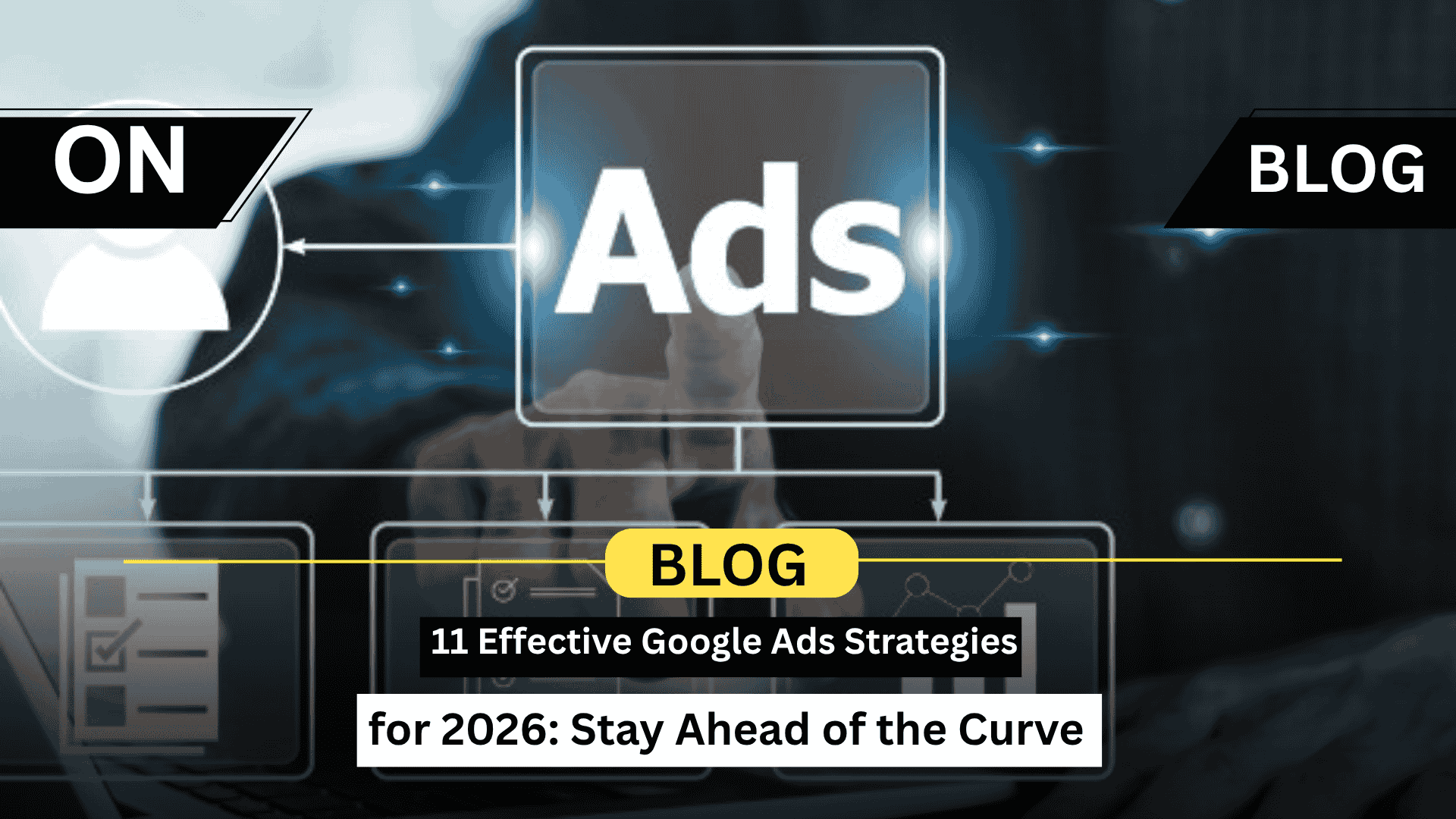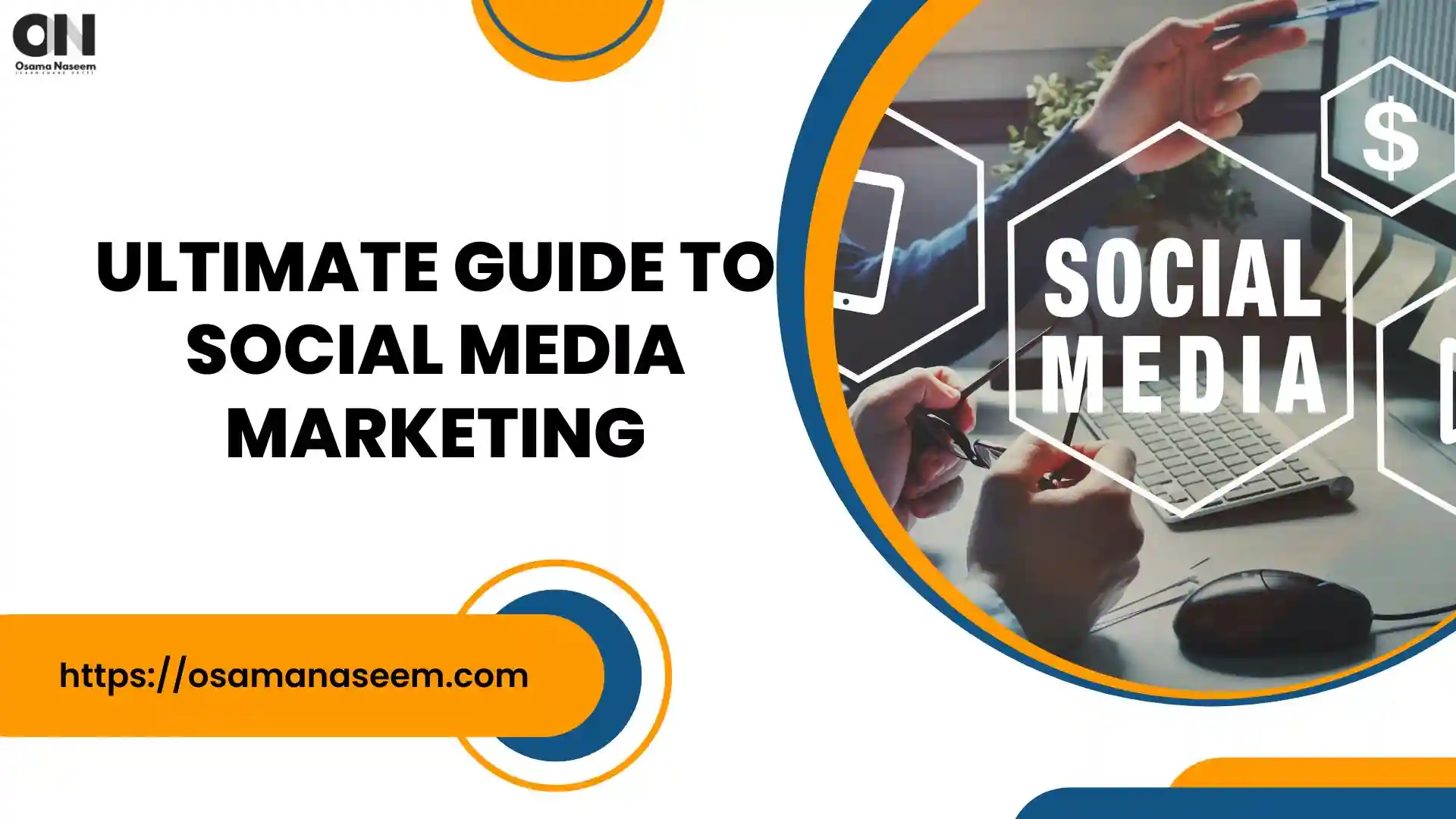A Complete Guide to Email Marketing for Beginners
Introduction: Email marketing is a potent tool for businesses seeking to connect with their audience. Email marketing is a phenomenal instrument for widening a brand’s focus, driving traffic to its site, and expanding bargains. This guide is for novices who need to comprehend email marketing. We’ll explain why email marketing is significant for terrifically significant associations. Then, at that point, we talk about how it assists organizations with speaking with purchasers without burning through excessive cash to advance their items or services. From that point onward, we’ll discuss valuable ways of doing excellent in email marketing. This implies parting your crowd into various groups, making content, and arranging when to send emails. We’ll likewise show you a few significant tools and things that make email marketing more straightforward, similar to devices for making emails look decent, doing things consequently, and perceiving how well your emails are doing. Toward the end of the guide, users will acquire a strong comprehension of email marketing essentials and the confidence to send off effective missions, whether they’re new or attempting to refine existing methodologies. Email Marketing Strategy A solid email marketing strategy is essential to achieving your business goals. Start thinking about what you want to do. Do you want to sell more, build relationships with potential customers, or increase brand awareness? Once you’ve set your goals, divide your audience into different groups based on age, habits, or interests. This helps you send preference-based emails, which can increase engagement and increase the frequency of purchases from you. A clear plan can ensure your emails are effective and help grow your business. Email Marketing Plan Youremailmarketingplan outlines how you’ll effectively execute your strategy. Start by deciding how often you’ll send emails and what content you’ll include. Do you plan to publish promotional articles, educational flyers, or other materials? Your content strategy is essential to maintaining your email campaign by ensuring the authenticity of your message. When you have a schedule and manage your content, you can regularly appear in your subscribers’ email inboxes and keep them interested in your brand. This also helps you avoid sending too many emails or overwhelming your audience with unnecessary information. With a clear plan, you can provide relevant and timely information to your customers, ultimately increasing engagement and conversion. Remember to regularly review and adjust your strategy based on the performance of your email campaigns to ensure continued success. Email Marketing Tips Making the most of your email marketing involves following some valuable tips: With careful preparation and trend awareness, you can create email campaigns that connect with your audience and deliver positive business results. Types of Email Marketing There are various types of email marketing campaigns you can implement to connect with your audience: By using these types of email marketing, you can better engage with your audience and drive desired behavior. Email Marketing Optimization Continuous email marketing optimization is essential for maximizing results. Review your email performance metrics regularly and adjust accordingly. Investigate title, view, and posting time to improve engagement. Also, guarantee your email agrees with spam guidelines and deliverability best practices to avoid being flagged by email suppliers. By improving email marketing, you can enhance the effectiveness of your campaigns and engage more with your audience. B2C Email Marketing B2C email marketing means businesses send emails to regular people, not other companies. They create emails that feel personal and interesting to each recipient. The objective is to sell more, help people understand the brand better, and keep clients happy for a long time. When businesses know what their customers like and need, they can send emails that make them want to buy more. This allows companies to talk to their customers and make them want to buy their products and return them later. It’s all about understanding people’s interests and creating a message that matches them, encouraging them to buy more. Email Marketing Funnel Understanding the email marketing funnel is essential because it helps you see how subscribers go from knowing about your business to becoming customers. The funnel usually has several stages: Understanding this information can help you create emails that drive people through the funnel and convert them into customers. Email Campaigns Creating effective email campaigns involves careful planning and execution. To start, segment your audience based on their preferences or actions so you can send them content relevant to their interests. Then, create headlines that grab recipients’ attention and make them want to open your emails. Once they’re in, use persuasive language and visuals to communicate your message effectively. Finally, be sure to include clear calls to action (CTAs) that tell recipients what you want them to do next, whether it’s a visit to your website, a purchase, or the name you write for an event. Following these steps, you can create email campaigns that capture your audience’s interest and inspire action. Remember to continually test and refine your campaigns to see what works best for your audience. Feel free to experiment with new ideas to keep your emails fresh and engaging. Email Automation Email automation simplifies your marketing efforts by sending messages to subscribers at the right time. These messages are based on triggers or actions you set up beforehand. To help turn leads into customers, you can automate welcome emails, reminders for abandoned shopping carts, and follow-up emails. Automating these undertakings saves you time and allows you to focus on other parts of your business. Automating emails assists you with associating with your audience rather than physically sending each message. It implies you can keep clients engaged and motivated with your arrangements while you’re occupied with other things. Also, sending basic and essential information extends the possibilities, changing leads into clients and creating more associations for your business. Email mechanization is significant for smoothing out your marketing endeavors and developing your company all the more proficiently. Best Email Marketing Tools for Startups New businesses should find the right email marketing tools to succeed. These tools …
A Complete Guide to Email Marketing for Beginners Read More »










